Description
As implicit social justice discourse saturates conferences, it may feel that we pursue the concept of justice but it is just beyond our reach. If interpreters are to embrace diversity, equity, and inclusion, then the need to learn more about the systems we are trying to change is vital.
Learning about this workshop content and viewing conversations between participants aims to provide do-able tasks that fosters the ability to understand social justice on a practical level so practitioners may change inequities to avoid the only way injustice triumphs: doing nothing. Further, participants who recognize and apply multiple perspectives to participate in social justice discussions are in a better position to reflectively engage in productive discussions of the concept than those who do not.
Self-assessment is critical for ally growth and development within every setting. Interpreters with an ability to create sustainable social change will be better equipped to work with individuals and groups from both marginalized and privileged groups. Anyone interested in making real change in the world can begin today with assessing attitudes, actions, and relationships to shed greater light on professional practices to better meet the needs of others.
Learning Objectives
- Be able to describe what social justice is and how it applies to our work as interpreters and the consumers we serve
- Provide a foundation for interpreters to understand oppression and privilege with targets and agents
- Learn how to apply intersectionality toward self analysis
- Learn how marginalised people are born into disadvantaged circumstances
- Know the 5 sections of allyship consciousness development

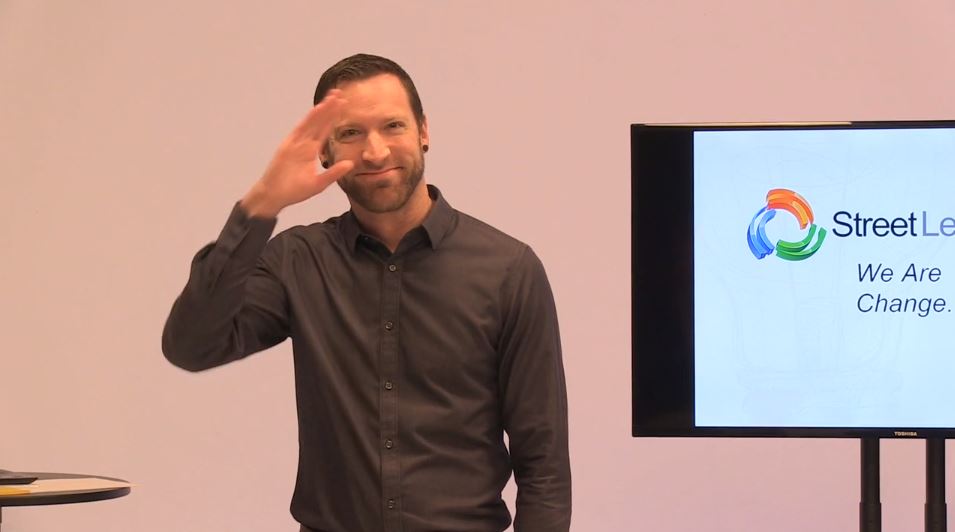
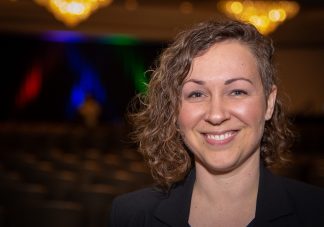
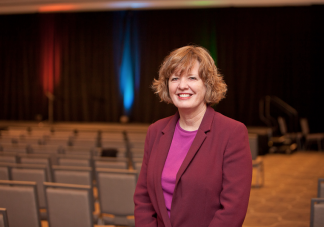
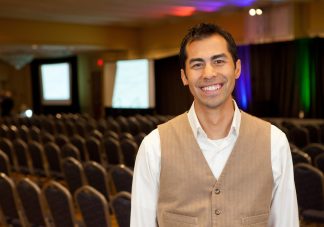
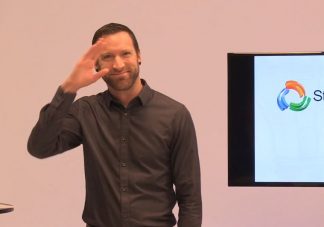

Reviews
There are no reviews yet.